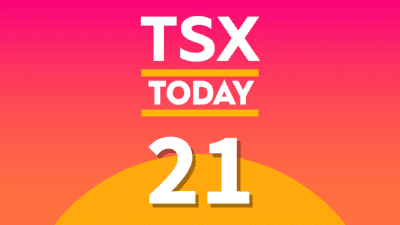You’ve probably heard that the COVID-19 crisis has caused one of the worst economic shocks (and one of the sharpest market crashes) since the Great Depression. Indeed, the spike in unemployment was unprecedented, as too were the nightmarish events that unfolded in the first half of the year. While the U.S. Federal Reserve (the Fed) has our backs as investors, with an arsenal of tools that could avert a depressionary environment and get the economy back on its feet, one must not rule out the possibility of a worst-case outcome: a depression or prolonged recession.
Are we headed for a depression and another market crash? Or will the world economy be quick to recover from this coronavirus recession?
Nobody knows. This crisis has no real historical comparisons.
There have been pandemics before, but this one is a different beast with different implications on a vastly different economy. Moreover, the Fed seems to be willing to throw everything but the kitchen sink to avert a disaster. Fed chair Jerome Powell soothed the markets exactly when he should have, possibly putting an end to a market crash that could have been drastically worse.
In short, it’s unlikely that we’ll be propelled into the second coming of the Great Depression that followed the 1929 stock market crash. Everyone seems to think that we’ll be in for a V- or K-shaped recovery and the Fed’s influence (and government stimulus cheques) are keeping consumers from stashing cash in their mattresses.
While there are some similarities to the Great Depression, most notably the rapid rise in unemployment in Canada and around the world, the implosion of various industries, including travel, energy, and banks (the TSX Index is heavily exposed to such COVID-19-hit sectors). One must not discount the power of the unorthodox tools that the Fed or government regulators have at their disposal. We’re entering uncharted territory with this unprecedented crisis that’s been counteracted with equally unprecedented economic stimuli.
We’re not out of the woods quite yet
While the stock market indicates that we’re out of the woods with this crisis, one must acknowledge that fewer things are more unpredictable than biology. The insidious coronavirus could spark another wave of shutdowns, and it could last longer, potentially dragging down industries beyond just the ones that were impacted in the first wave.
My goal is not to scare you, but to note a bear-case scenario, which, albeit unlikely, is still possible. The Canadian stock market could still crash, potentially as bad, if not worse than the February-March 2020 sell-off.
Now, the market has a powerful ally in the Fed, and a bear-case scenario type of market crash probably won’t happen, given what we know about the coronavirus so far. But that doesn’t mean you shouldn’t be prepared by assuming COVID-19 will die out in 2021, sparking a massive relief rally across the biggest losers such as Air Canada of the first half of 2020.
Warren Buffett ditched banks and airlines while nibbling away at gold miners and grocers. The move, while ominous, I believe, is merely a move to better balance Berkshire Hathaway’s risks associated with COVID-19. Buffett has no idea what’s up next. But he’s getting prepared, just in case the world takes longer than most expect to heal from the COVID-19 crisis.
Foolish takeaway
I think investors should follow in the footsteps of Buffett by acknowledging they don’t know what will happen over the next year and beyond. That means preparing one’s portfolio to profit given the wide range of potential outcomes.
Do be bullish, but curb your bullishness whenever other investors get a tad too greedy and start ignoring the risks that are still very much present.









